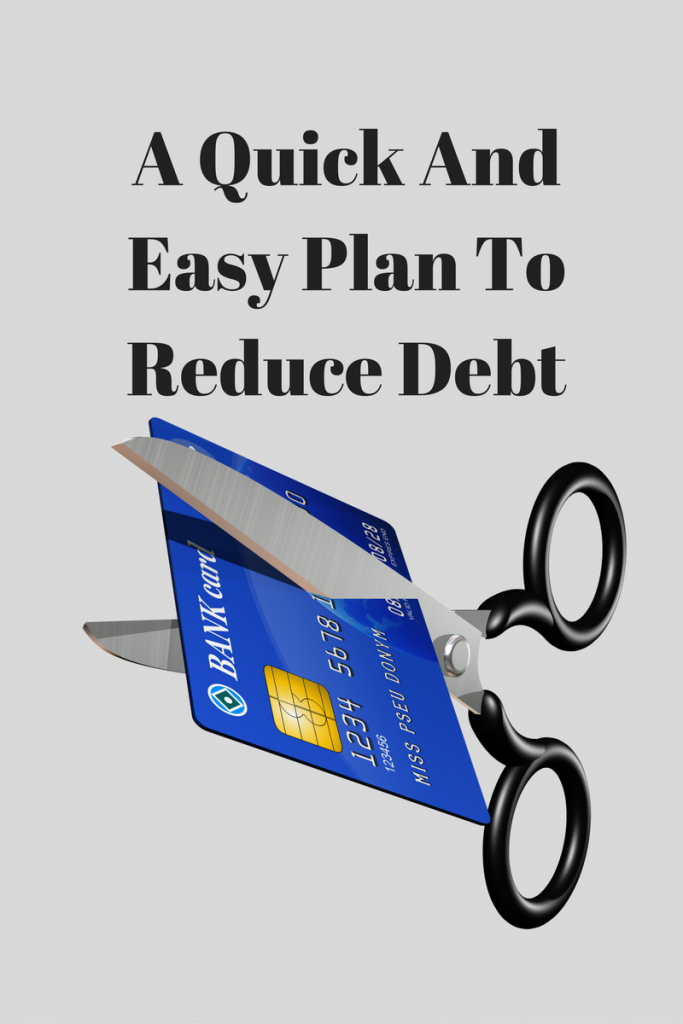
Total household debt in the United States is over $2 trillion. What’s shocking is that dollar amount does not include mortgage balances owed on our homes. Carrying a balance of consumer debt has become the norm in the United States. If you’re seeing the negative effects of carrying too much debt starting to impact your household finances, there is a way to stem the tide and get your debt total moving in the right direction.
In some situations, the answer may be a debt consolidation plan. Is this the correct route to take to solve your household’s debt situation?
In it’s simplest form, debt consolidation involves taking out a single loan to pay off a group of smaller debts held by different lenders. This consolidation will often include typical credit lines such as home-equity loans, car payments, credit cards, personal loans and sometimes even mortgage debt.
Most banks, credit unions and other lending institutions offer a wide variety of debt consolidation options. If you owe interest to 10 creditors, it is in their interest to offer you a lower rate to pay the interest to them instead. When used properly, debt consolidation should result in a lower total cost to pay off the same balance of debt. Ideally, a single, lower monthly payment will free up additional funds to make payments above the minimum and eat into the principal. If you can live within your means, you’ll be able to pay off the debt soon enough.
When Won’t Debt Consolidation Work?
If you don’t have the discipline to use the budget relief to pay down your consolidated debt more quickly, debt consolidation will just kick the can of bankruptcy down the road for a little while longer. For many, the need to engage in debt consolidation in order to make ends meet, is a sign that much more needs to change than their monthly debt payment.
Undisciplined borrowers that use a debt consolidation loan to zero their credit card balances, will simply go out and continue using their credit cards to take on additional debt.
If you’re the type to give in to the temptation almost immediately and continue to use your credit cards, you’re very likely to acquire so much additional debt that you’ll be searching for yet another consolidation loan.
Debt consolidation is simply an initial first step toward getting your debt problem under control. Transforming your long term financial habits is the more crucial part of the process though.
For a debt consolidation plan to have a lasting impact on your household financial picture, you must break your spending habit. You must learn how to refrain from spending money that you haven’t yet earned.
When You Don’t Have It, You Can’t Spend It
One surefire way to minimize your spending is to destroy or at least lock away your credit cards. A second choice would be to refuse to take on any new loans. Your debt consolidation loan was an avenue to make your monthly debt payments manageable, so using the newfound wiggle room to take on additional debt is wildly counterproductive.
Your Debt-to-Income Ratio
Continued refrain from taking on debt is crucial to the long-term success of a debt consolidation program. In general, your total debt load, including mortgage obligations, should not be more than 36% of your gross monthly income.
The debt to income ratio is calculated by dividing your total monthly debt payments by your gross monthly income. When you put your data into the calculator, you might be shocked to find out that your ratio is considerably higher than the recommended amount.
As you pay down your debts, you’ll see your ratio slowly grow smaller before crossing, and hopefully staying below, the recommended level. A lower debt to income ratio makes you more financially secure.
Wise Debt Management
If used wisely, debt consolidation can be a very powerful debt elimination technique. Take caution, if used incorrectly, it will only add to your financial challenges. Only use debt consolidation as a way to get your financial life back on the right track. From that point forward, live well within your means to make your consolidation a great success.


